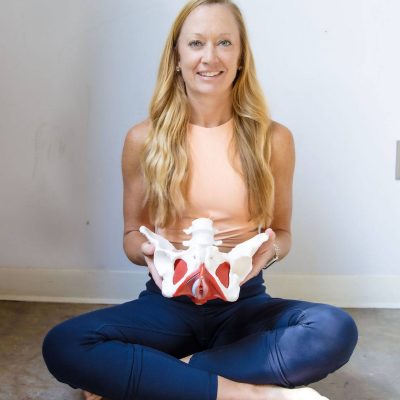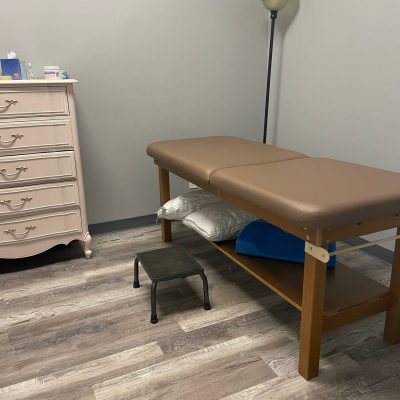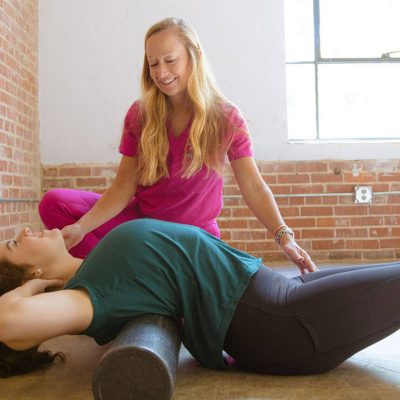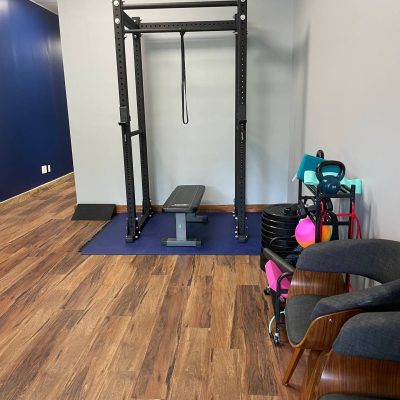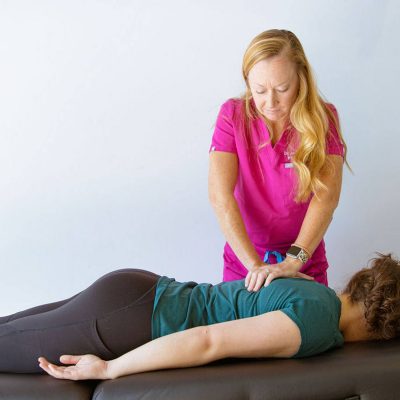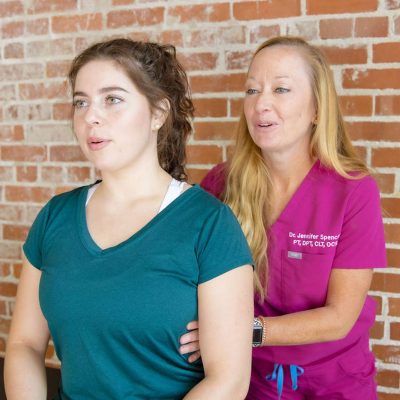By Erica Mitchell, PT, DPT
“Fecal accidents” refer to unintentional bowel movements or leakage of stool. Pelvic floor therapy for kids, also known as pediatric pelvic floor therapy, is a specialized area of physical or occupational therapy that addresses issues related to the pelvic floor muscles in children. These muscles play a crucial role in controlling bowel and bladder function.
Fecal accidents in children can be caused by various factors, and identifying the underlying cause is crucial for effective management and treatment. Some common reasons for fecal accidents in kids include:
- Constipation:
-
- Chronic constipation is a frequent cause of fecal accidents in children. Hard and impacted stools can stretch the rectum, reducing its sensitivity and making it difficult for the child to recognize the urge to have a bowel movement.
- Overflow Incontinence:
-
- When constipation is severe, liquid or soft stool may leak around the impacted feces. This can result in fecal incontinence or accidents, commonly referred to as overflow incontinence.
- Functional Gastrointestinal Disorders:
-
- Conditions such as irritable bowel syndrome (IBS) or functional constipation can contribute to bowel control issues in children.
- Pelvic Floor Dysfunction:
-
- Dysfunction in the pelvic floor muscles, which play a crucial role in bowel control, can lead to fecal accidents. This dysfunction may involve muscles that are either too tight or too weak.
- Anatomic Abnormalities:
-
- Structural abnormalities in the digestive or pelvic region can affect normal bowel function and contribute to fecal accidents.
- Neurological Disorders:
-
- Certain neurological conditions, such as spina bifida, cerebral palsy, or nerve damage, can interfere with the nerves responsible for controlling bowel movements.
- Emotional Factors:
-
- Stress, anxiety, or emotional issues can affect bowel habits in children. Changes in routine, school-related stress, or emotional difficulties may contribute to fecal accidents.
- Dietary Factors:
-
- Inadequate fiber intake, poor diet, or insufficient fluid intake can contribute to constipation, impacting bowel regularity.
- Medication Side Effects:
-
- Some medications, particularly those affecting the gastrointestinal system, may lead to changes in bowel habits and contribute to fecal accidents.
- Infections or Illness:
-
- Gastrointestinal infections or illnesses can temporarily affect bowel function and contribute to fecal accidents.
Treatment approaches may include dietary changes, behavioral strategies, medications, and, in some cases, pelvic floor therapy.
Pediatric pelvic floor therapy is a specialized area of physical & occupational therapy that focuses on addressing issues related to the pelvic floor muscles in children. The pelvic floor muscles play a crucial role in controlling bowel and bladder function, as well as providing support to the pelvic organs. When children experience problems such as urinary or fecal incontinence, constipation, or pelvic pain, pediatric pelvic floor therapy can be recommended as part of their treatment plan.
Here are key components of pediatric pelvic floor therapy:
- Assessment:
-
- A thorough assessment is conducted to evaluate the child’s pelvic floor function. This may involve assessing muscle strength, tone, coordination, and flexibility.
- Biofeedback:
-
- Biofeedback is often used as a tool to help children become more aware of and control their pelvic floor muscles. This can provide visual or auditory feedback, helping the child understand how to properly contract or relax these muscles.
- Pelvic Floor Exercises:
-
- Specific exercises are prescribed to address the individual needs of the child. These exercises may focus on strengthening weak pelvic floor muscles or relaxing overly tight ones.
- Education:
-
- Children and their parents receive education about normal pelvic floor function, proper toileting habits, and lifestyle modifications that can support pelvic health.
- Behavioral Strategies:
-
- Behavioral interventions may be recommended to establish regular toilet habits, address anxiety related to bowel or bladder issues, and promote healthy pelvic floor function.
- Manual Therapy:
-
- Hands-on techniques may be used by the physical therapist to address muscle tension, trigger points, or restrictions in the pelvic floor muscles – always external.
- Dietary Recommendations:
-
- Dietary advice may be provided to ensure a healthy and balanced diet that supports optimal bowel function.
- Home Exercise Program:
-
- A customized home exercise program is often given to the child and their family to continue the therapeutic interventions at home.
- Collaboration with Other Healthcare Providers:
-
- Pediatric pelvic floor physical therapists often work closely with other healthcare professionals, including pediatricians, gastroenterologists, urologists, and psychologists, to provide comprehensive care.
Common conditions that may benefit from pediatric pelvic floor therapy include:
- Fecal incontinence
- Constipation
- Enuresis (bedwetting)
- Urinary incontinence
- Pelvic pain
It’s important for parents to communicate openly with healthcare providers if they suspect their child may benefit from pelvic floor physical therapy. A healthcare professional can assess the situation, determine the appropriate interventions, provide guidance tailored to the child’s specific needs, and refer to pelvic floor therapy.
Erica Mitchell, PT, DPT, has had extensive education in treating Pelvic Floor Dysfunction in both children and adults.

